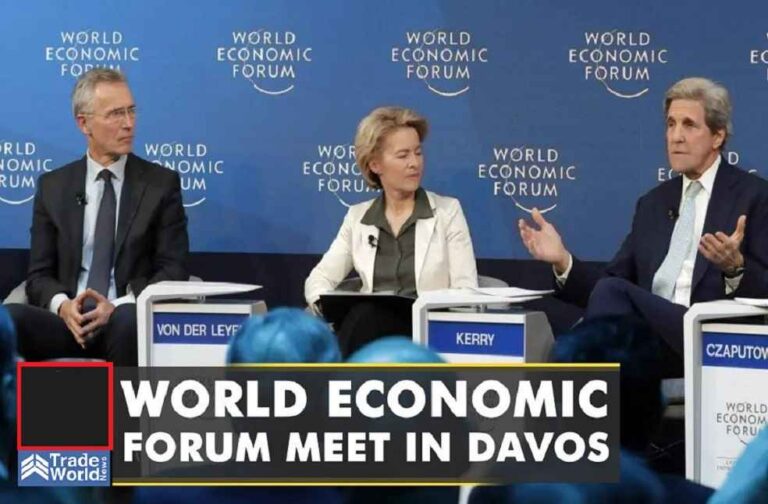Trade World growth is expected to slow in 2023, with the World Trade Organization (WTO) predicting a subpar 1.7% increase in merchandise trade volumes. Factors such as the ongoing war in Ukraine, high inflation, tighter monetary policy, and financial uncertainty contribute to this outlook. Despite the downturn in trade volumes in Q4 of 2022, goods trade remained resilient for most of the year. Green goods, such as electric and hybrid vehicles, non-plastic packaging, and wind turbines, experienced significant growth in trade.
WTO Director-General Ngozi Okonjo-Iweala emphasized the need for governments to avoid trade fragmentation and obstacles, and encouraged investment in multilateral cooperation on trade to support economic growth and living standards.
In a significant post-Brexit development, the UK has joined the Comprehensive and Progressive Agreement for Trans-Pacific Partnership (CPTPP), marking the country’s largest trade deal since leaving the European Union. The agreement will reduce tariffs on food, drink, and cars, and is expected to boost the UK economy by £1.8 billion ($2.25 billion) each year in the long term.
Meanwhile, the EU has approved a deforestation law banning imports of commodities such as coffee, beef, and soy if they are linked to the destruction of the world’s forests. Companies selling goods in the European Union will have to provide verifiable information proving their goods were not grown on deforested land after 2020.
Other noteworthy developments in international trade include Indonesia’s proposal for a free trade agreement on minerals shipped to the United States, the African Continental Free Trade Area (AfCFTA) Secretariat’s first Business Forum, and the launch of the Action on Climate and Trade (ACT) pilot initiative by the World Economic Forum, World Trade Organization, and World Bank Group.
TRADE TECH: TECH’S IMPACT: E-COMMERCE, AI, BLOCKCHAIN TRANSFORMING TRADE



